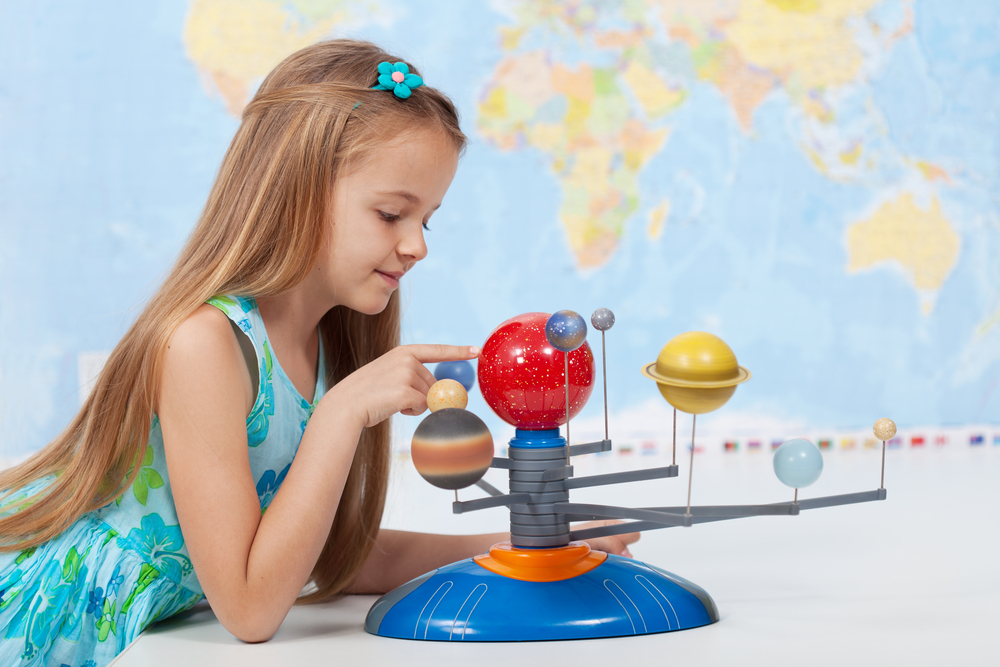Observational skills Normal Science Worksheets for Ages 5-7
12 filtered results
-
From - To
Enhance your child's observational skills with our engaging Normal Science Worksheets designed specifically for ages 5-7. These worksheets are perfect for young learners, promoting critical thinking and attention to detail. Through fun activities, children will practice observing their surroundings, identifying patterns, and noting differences, fostering a deeper understanding of the world around them. Each worksheet is crafted to make learning enjoyable, encouraging curiosity and exploration. Our resources support educational development while balancing play and learning. Start nurturing your child's observational abilities today with our thoughtfully designed worksheets that will spark their interest in science and observation!
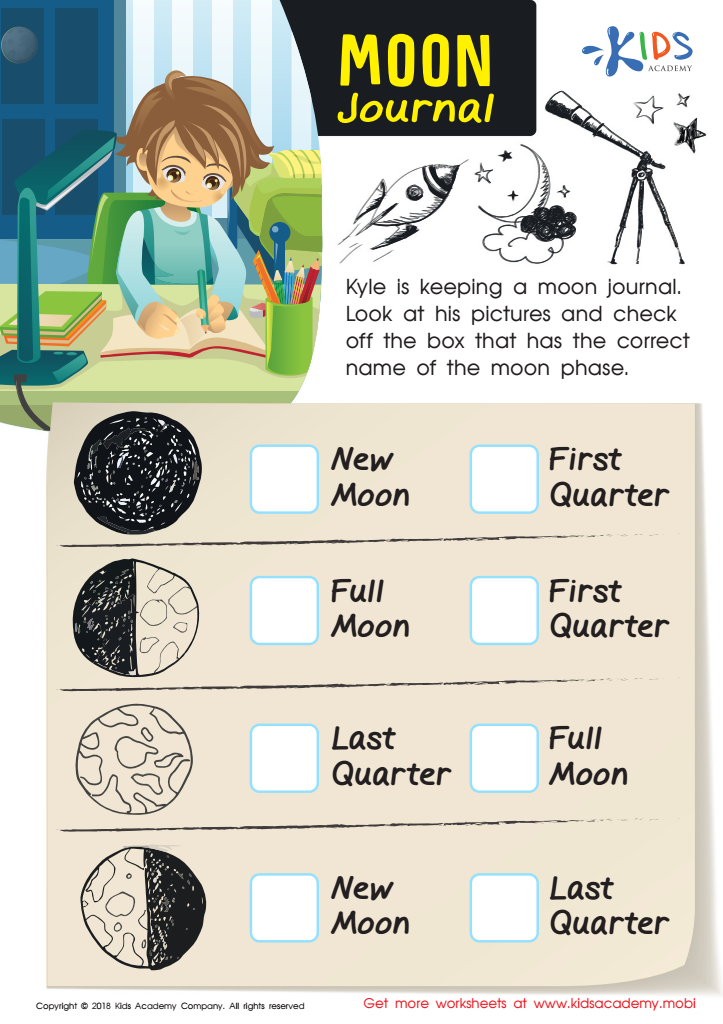

Moon Journal Worksheet
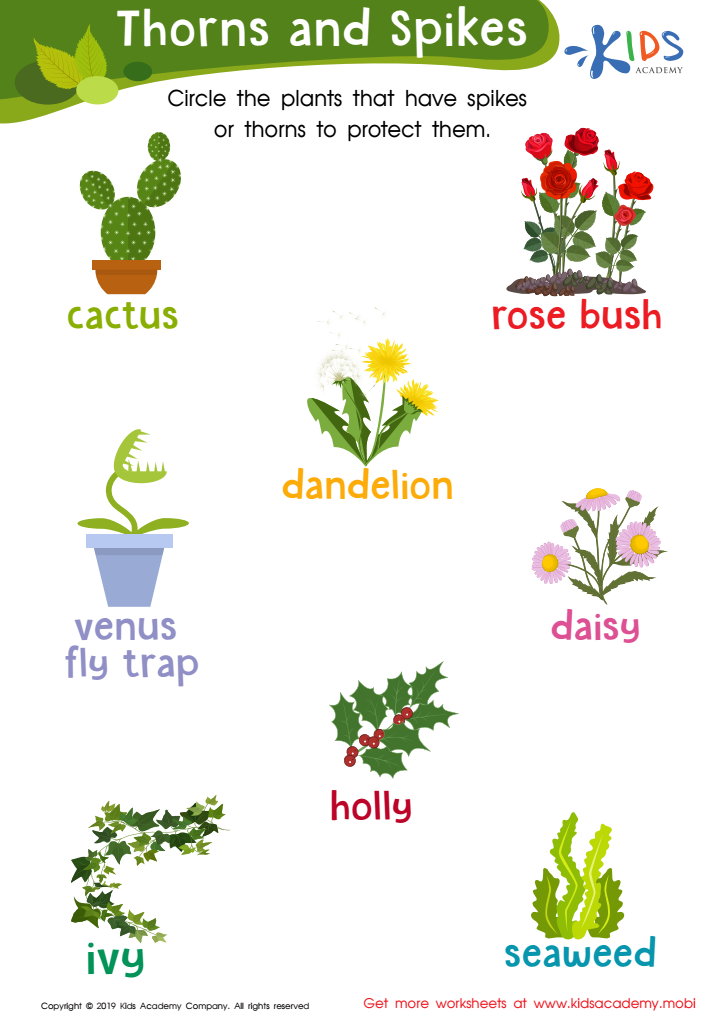

Thorns and Spikes Worksheet
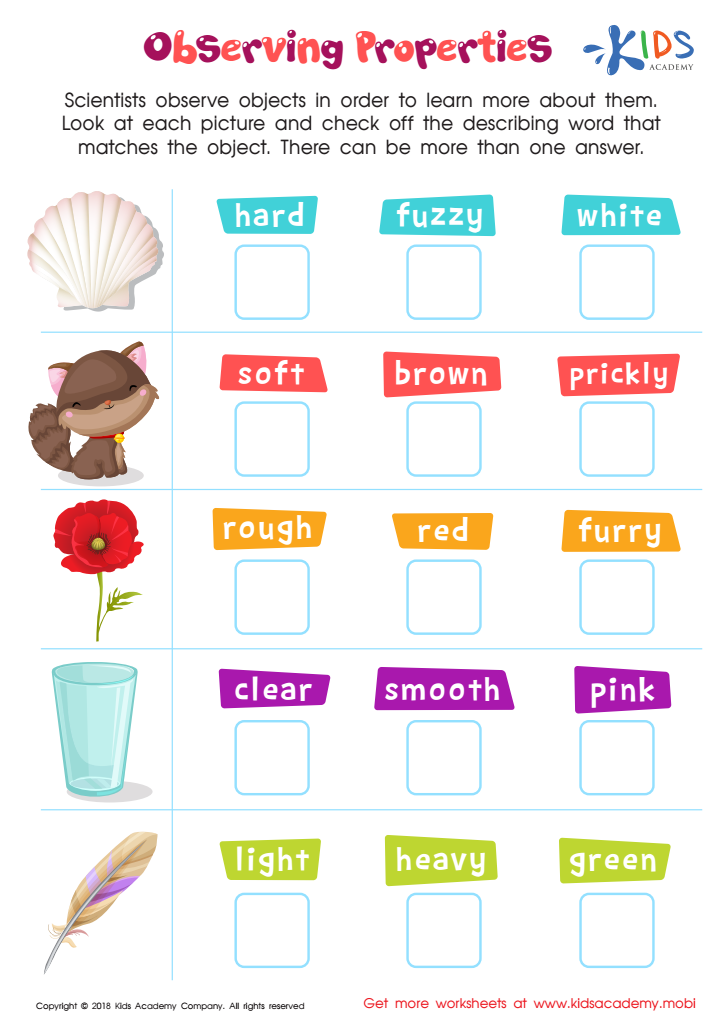

Observing Properties Worksheet
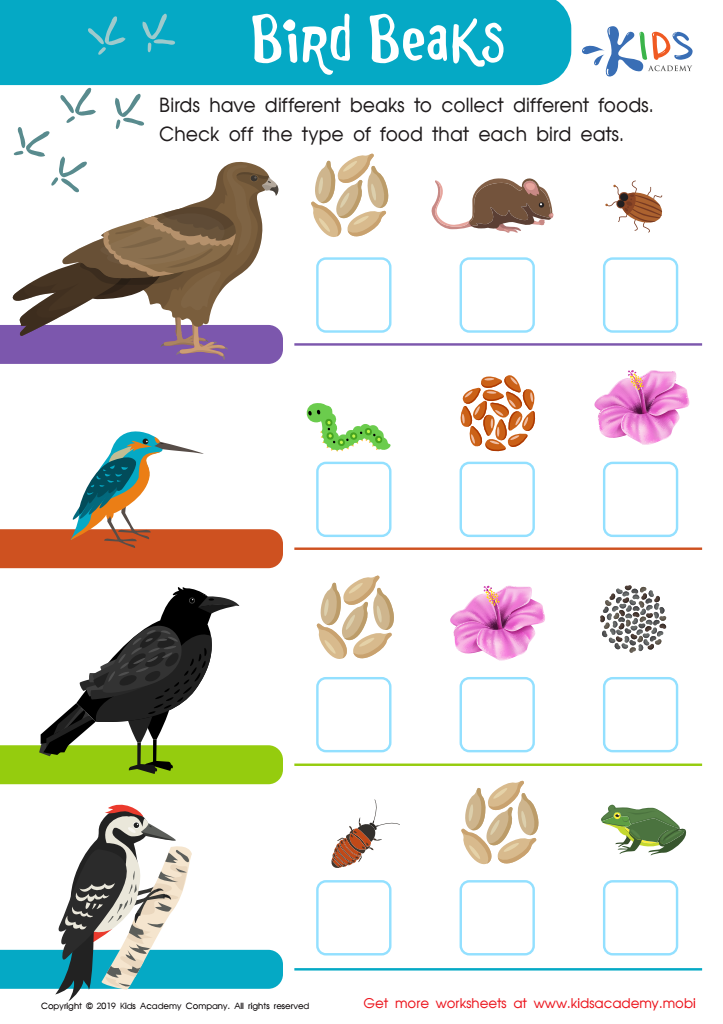

Bird Beaks Worksheet
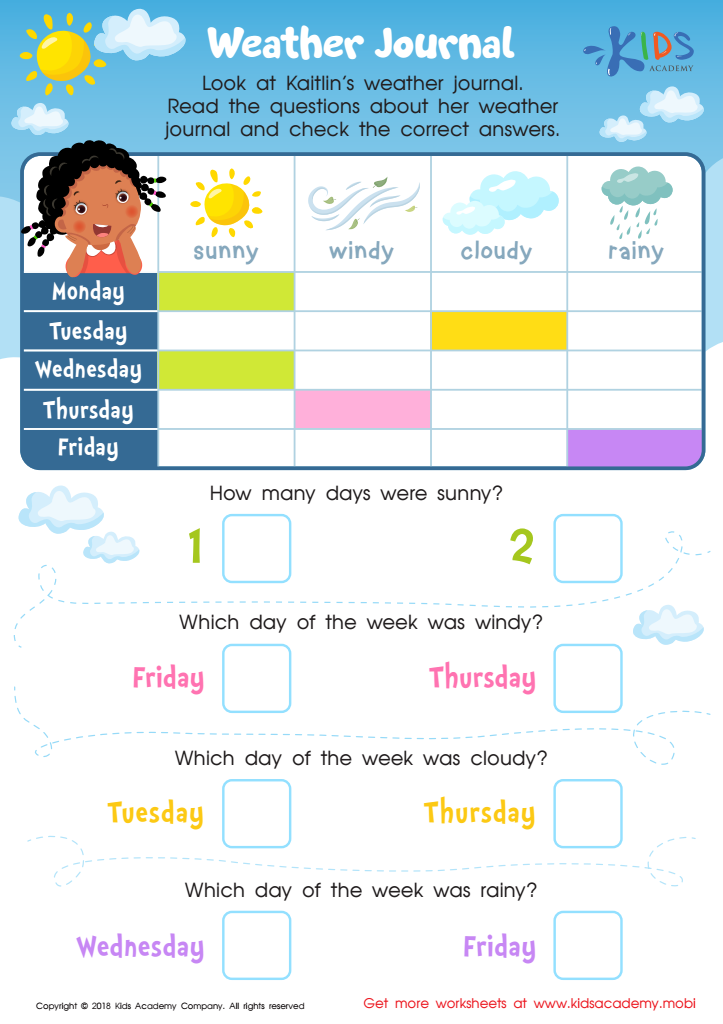

Weather Journal Worksheet
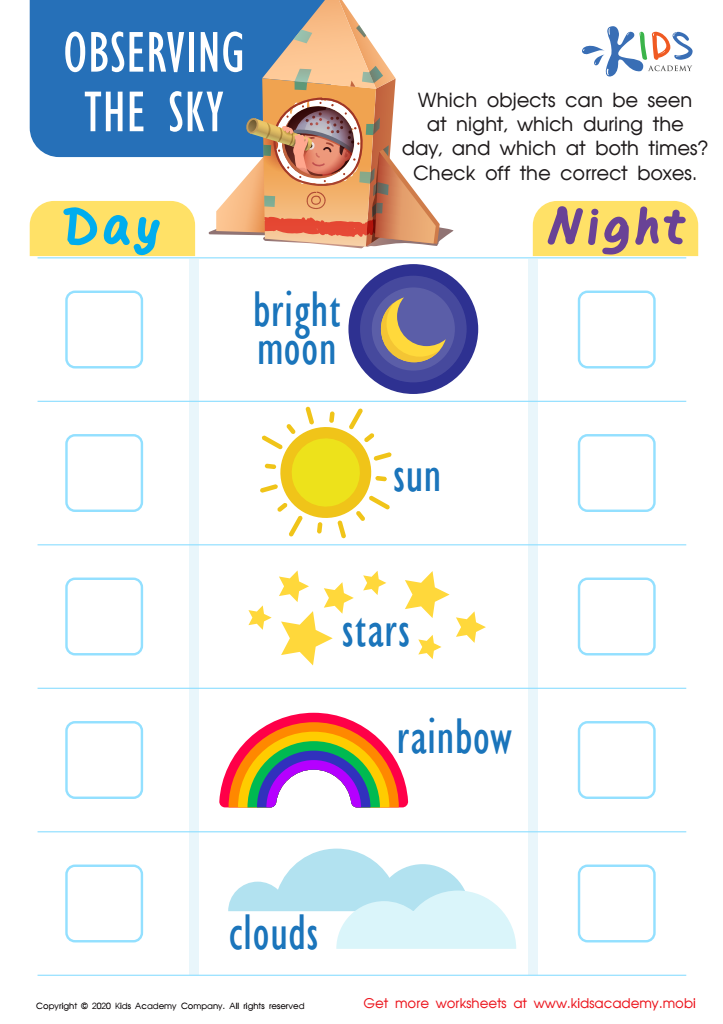

Observing the Sky Worksheet
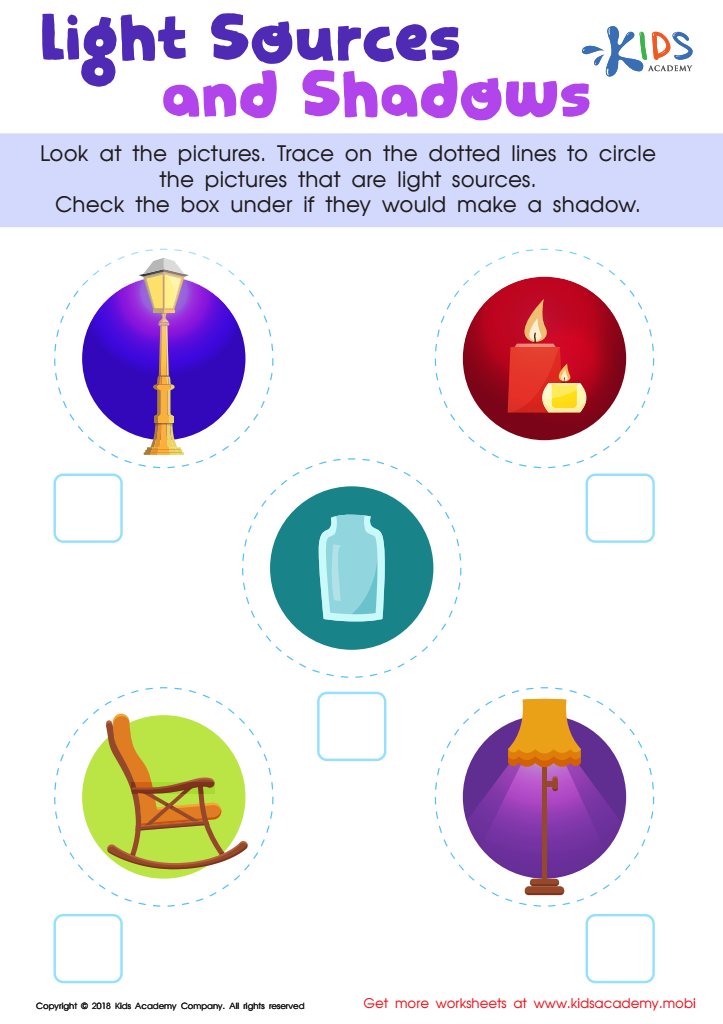

Light Sources and Shadows Worksheet
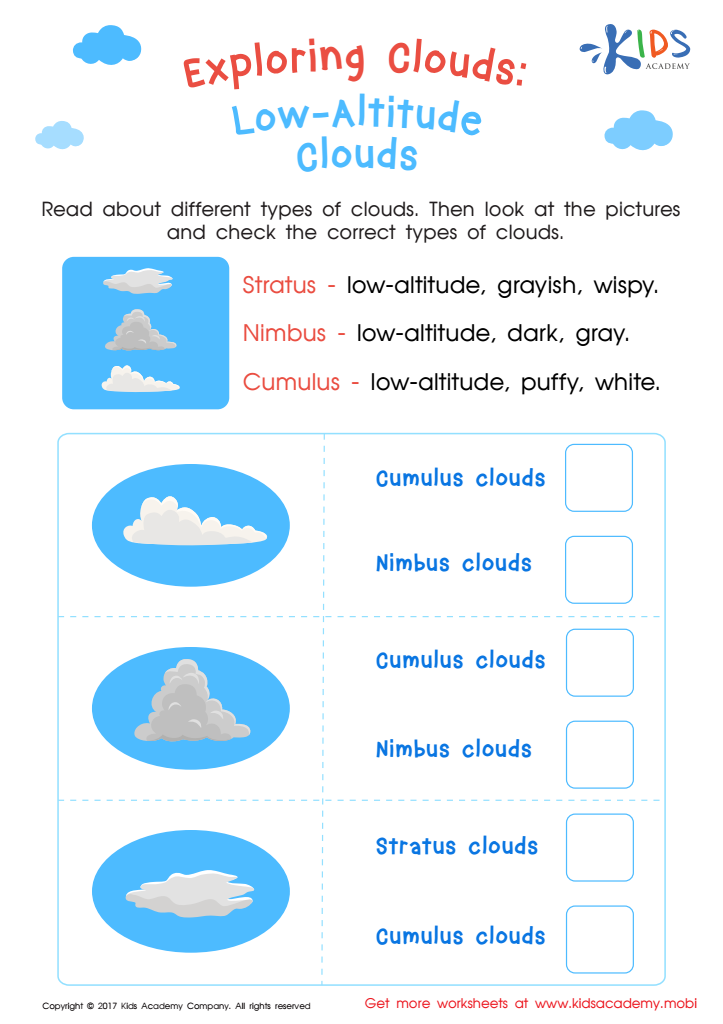

Exploring Clouds: Low Altitude Clouds Printable
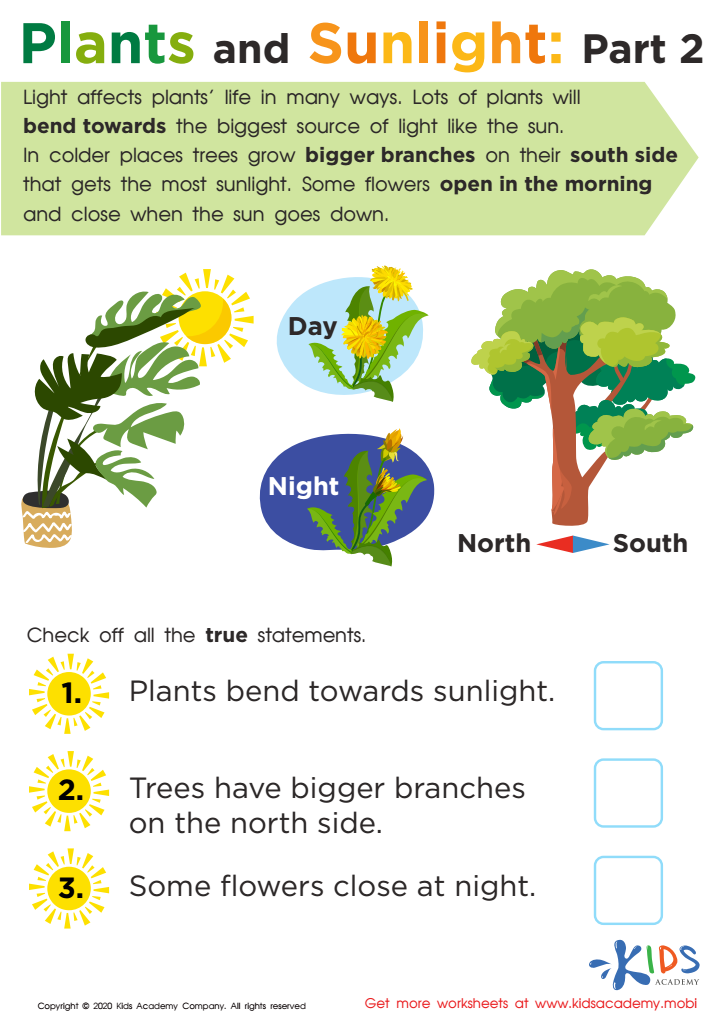

Plants and Sunlight: Part 2 Worksheet
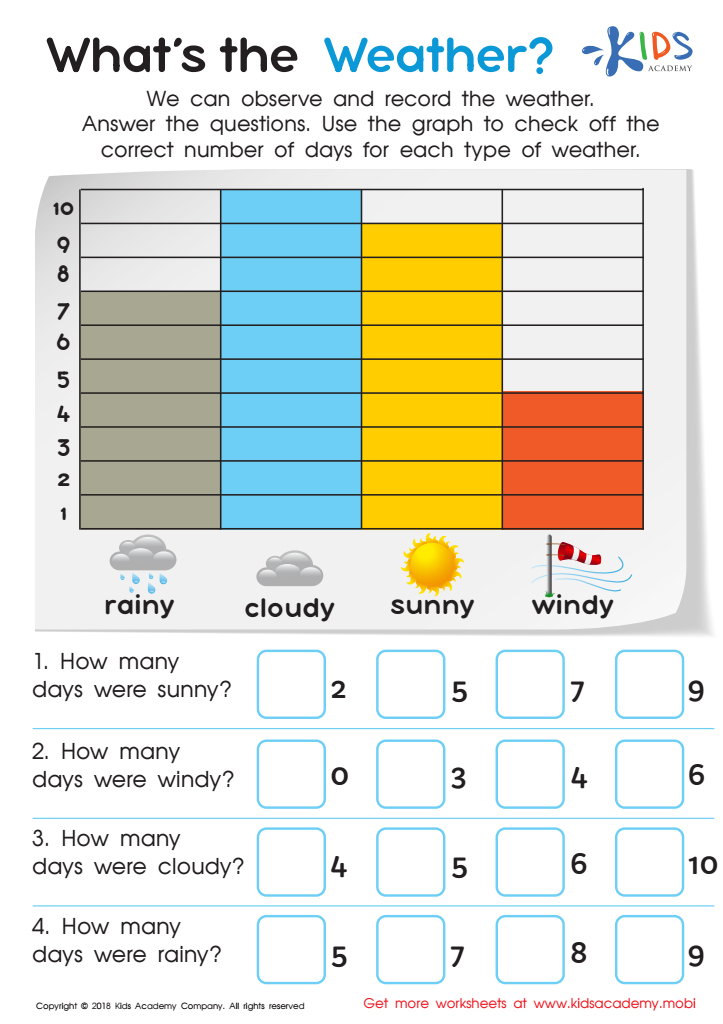

What's the Weather? Worksheet
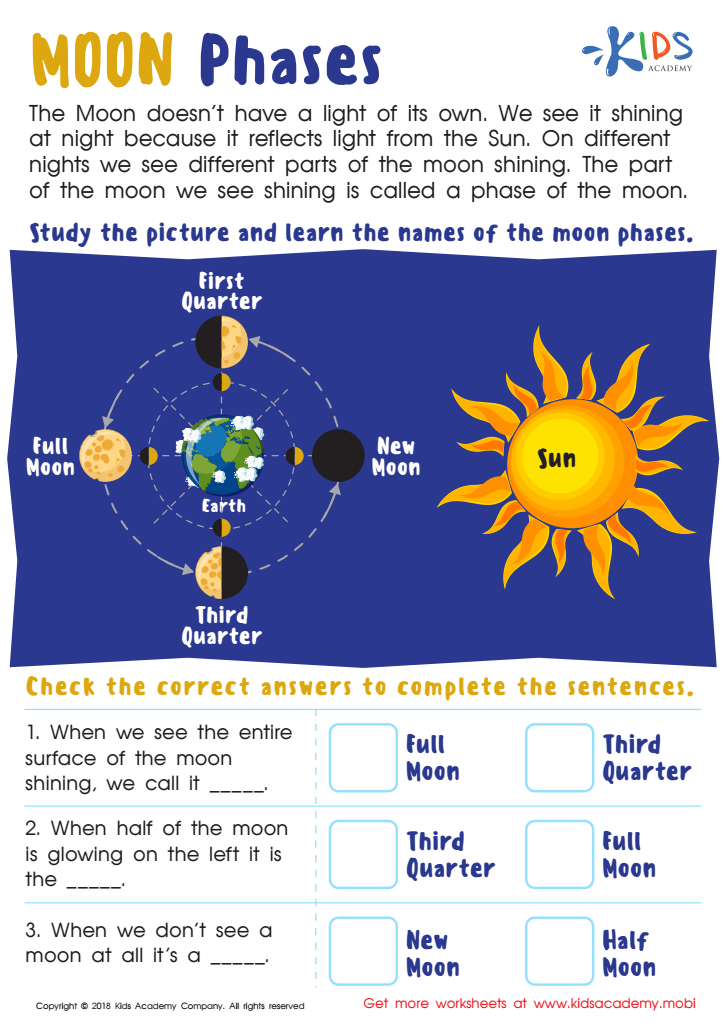

Moon Phases Worksheet


Animals and Plants: Assessment 1 Worksheet
Observational skills are essential for children aged 5-7 as they form the foundation of learning in science and beyond. During these formative years, children are naturally curious, and observational skills empower them to explore their environment, notice details, and ask questions. By honing these skills, children become better equipped to collect data, recognize patterns, and develop critical thinking—a vital component of scientific inquiry.
For parents and teachers, fostering observational skills can significantly enhance children’s learning experiences. Engaging students in hands-on activities and real-world observations encourages them to connect concepts with their surroundings, making learning enjoyable and relevant. This not only builds a solid understanding of scientific principles but also nurtures intrinsic motivation and a lifelong love for learning.
Additionally, observational skills play a crucial role in enhancing communication. As children articulate what they see and think, they improve their vocabulary and social skills, making collaborative work more effective in both academic and social contexts. In essence, by supporting the development of observational skills, parents and teachers are investing in children's cognitive and social growth, laying the groundwork for future academic success and personal development in an increasingly complex world.

 Assign to My Students
Assign to My Students










